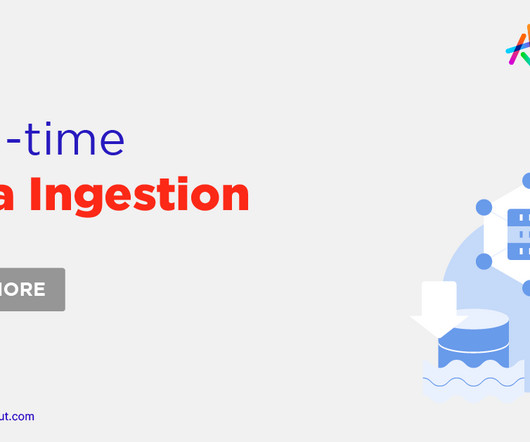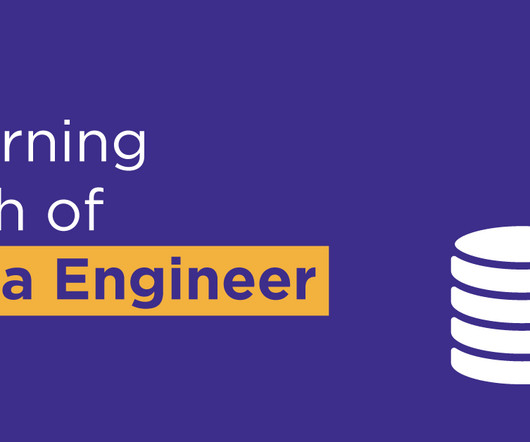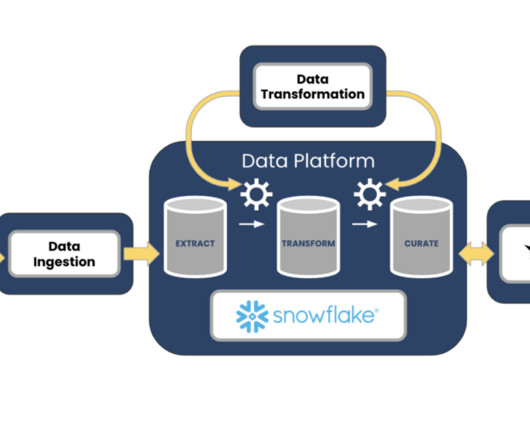Top-Paying Data Engineer Jobs in Singapore [2023 Updated]
Knowledge Hut
FEBRUARY 27, 2023
A data engineer is a key member of an enterprise data analytics team and is responsible for handling, leading, optimizing, evaluating, and monitoring the acquisition, storage, and distribution of data across the enterprise. Data Engineers indulge in the whole data process, from data management to analysis.












Let's personalize your content